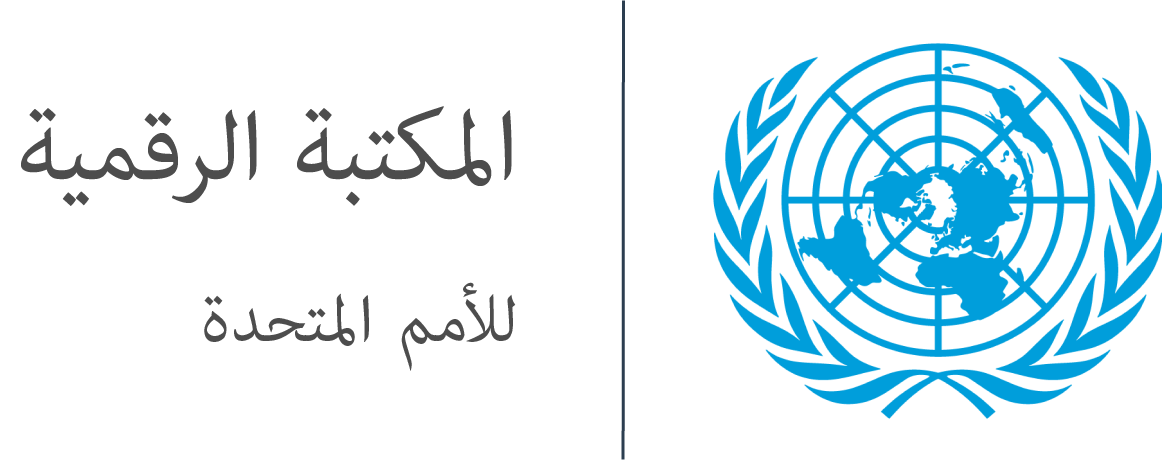Globalization & languages: building on our rich heritage : international conference : 27-28 August 2008 Tokyo, Japan
2009
تفصيلات التسجيلة (السجل)
العنوانGlobalization & languages: building on our rich heritage : international conference : 27-28 August 2008 Tokyo, Japan
ملخص
The designation by the United Nations General Assembly of 2008 as International Year of Languages, for which UNESCO was lead agency, demonstrated the increasing recognition of the importance of languages in achieving the internationally agreed development goals, in building inclusive knowledge societies and maintaining a culturally diverse world. Or, as the slogan for the International Year put it: 'Languages Matter! 'Through language people build, understand and express their emotions, intentions and values; confirm social relations; and transmit cultural and social expressions and practices. Thus, languages a determining factor of cultural identity for diverse groups and individuals. It is an inherent part of who we are. UNESCO's Member States have repeatedly made the important connection between linguistic diversity and cultural diversity and the role they play in promoting sustainable development. Thesis evident in the legal instruments underpinning UNESCO's strategy to safeguard cultural diversity. Principal among these is the 1960 Convention against Discrimination in Education, the 2001 UNESCO Universal Declaration on Cultural Diversity and its action plan, the 2003 Convention for the Safeguarding of Intangible Cultural Heritage, the 2003 Recommendation concerning the Promotion and Use of Multilingualism and Universal Access to Cyberspace, and the 2005 Convention on the Protection and Promotion of the Diversity of Cultural Expressions. Globalization processes are having a palpable impact on the use, knowledge and preservation of languages. On the one hand, globalization has the potential to revitalize languages and foster their use in society by: • connecting institutions around the world that are working with endangered language communities 'to promote the revitalization, maintenance, and perpetuation of their languages; • providing access to information and communication resources that can be utilised to assist communities in preserving their linguistic diversity; • connecting endangered language communities from various regions of the world so as to raise awareness, increase advocacy efforts, and share best practises. But globalization also harbours the risk of greater uniformity, which endangers languages, particularly when emphasis is placed on acquiring the main international languages at the expense of regional and local languages, especially in education systems, the media and public life in general. Given current trends, experts estimate that within a few generations, more than 50 percent of the estimated 7,000 languages spoken in the world today may disappear. The consequences of this would be tragic. [UNU website].
المؤلفونUN University
UNESCO
UNESCO
تاريخParis :[...]
الوصف
290 p. :
